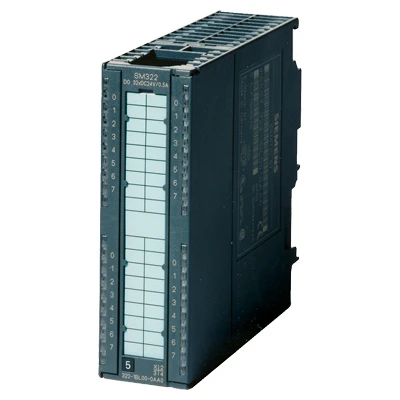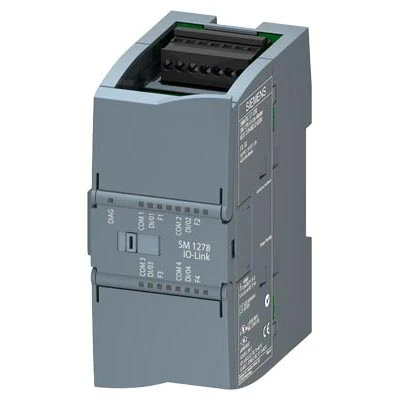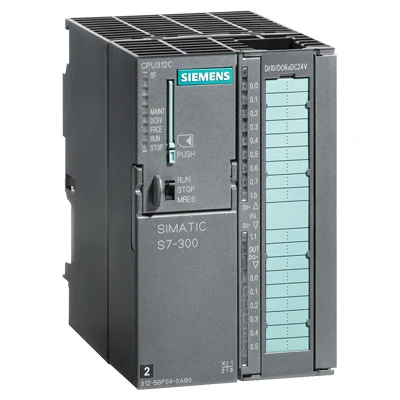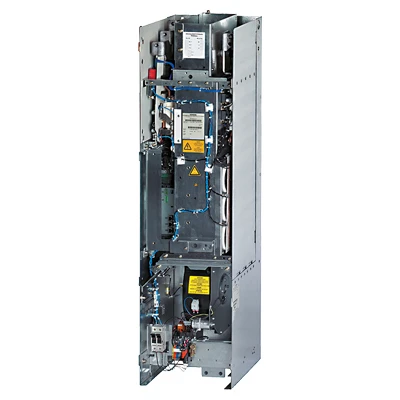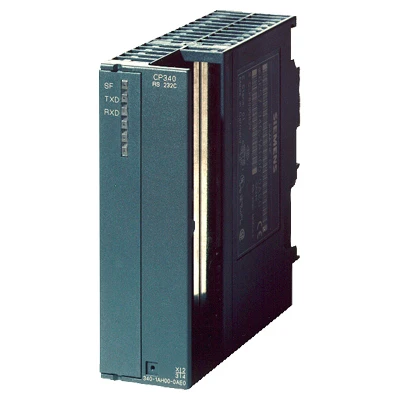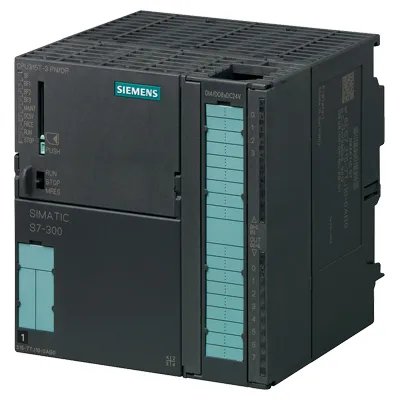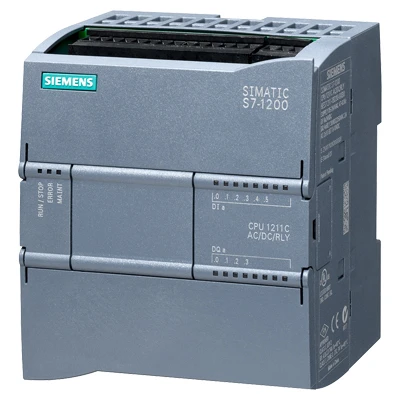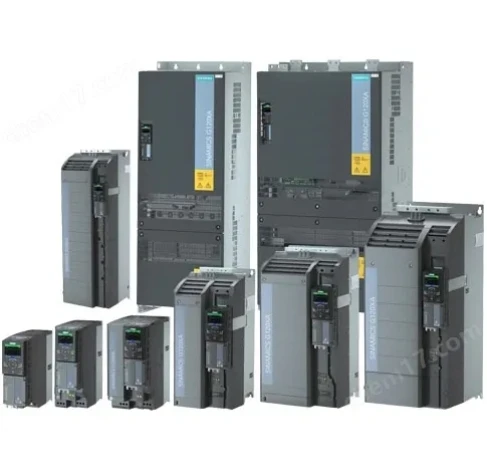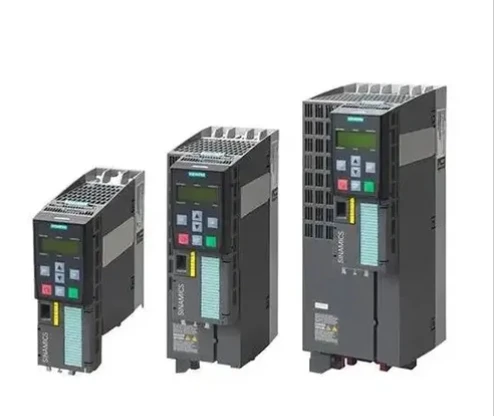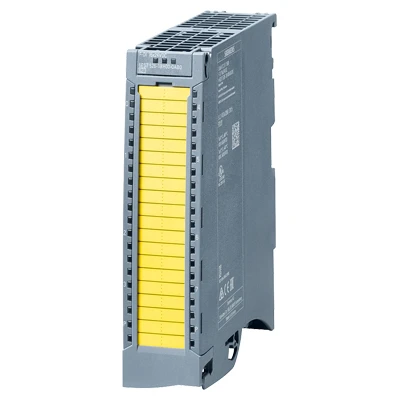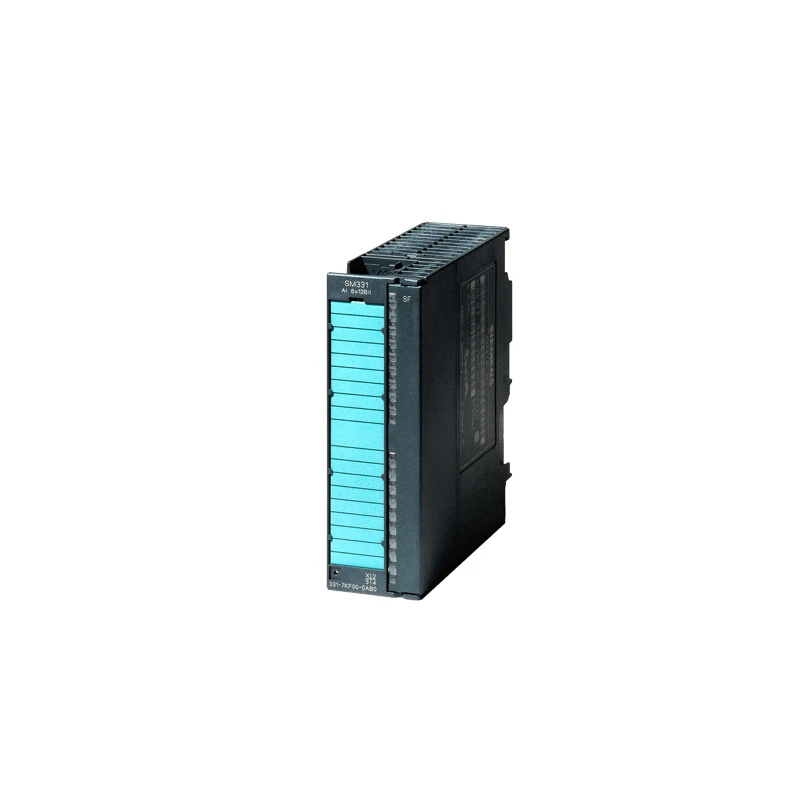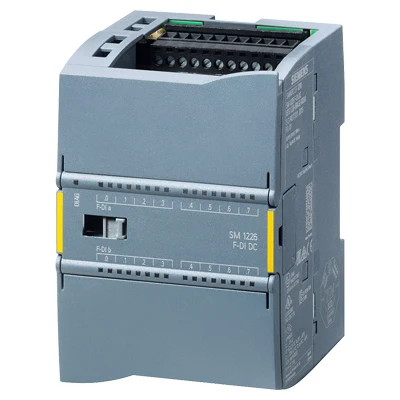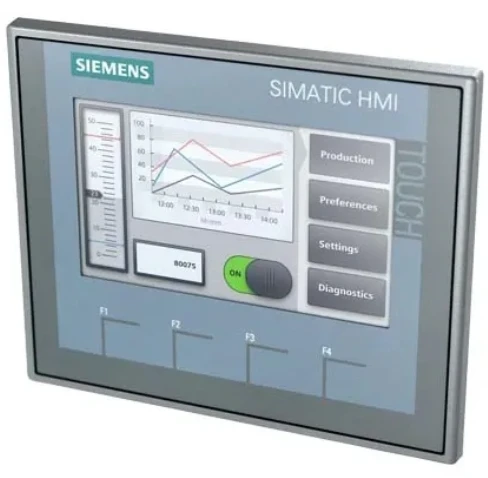Explore Central Processing Unit Types: Find Your Perfect CPU
Understanding Central Processing Unit Types: A Comprehensive Guide for B2B Stakeholders
In today's rapidly evolving digital landscape, the Central Processing Unit (CPU) remains the foundational component for nearly all computational tasks, from enterprise servers to specialized industrial control systems. For B2B decision-makers, comprehending the diverse central processing unit types is crucial for making informed procurement and strategic infrastructure decisions. Each type is engineered with specific architectural philosophies and performance profiles to excel in particular operational environments. This comprehensive guide delves into the intricacies of various CPU architectures, their technical parameters, application scenarios, and the stringent manufacturing processes that ensure their reliability and longevity. Our aim is to equip you with the expertise needed to navigate the complex world of CPUs, ensuring optimal performance and return on investment for your critical business operations.
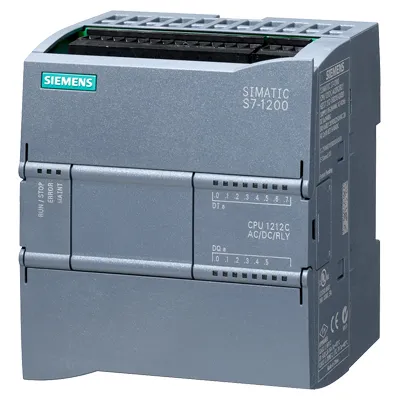
The choice of a CPU impacts everything from computational speed and energy efficiency to system robustness and total cost of ownership. Beyond raw clock speed or core count, factors such as Instruction Set Architecture (ISA), cache hierarchy, thermal design power (TDP), and integrated graphics play a significant role in determining a CPU's suitability for specific workloads. For instance, a CPU designed for high-performance computing (HPC) will differ significantly from one optimized for embedded systems requiring low power consumption and real-time responsiveness. This nuanced understanding is particularly vital when considering a central processing unit for sale within a specific industrial or commercial context, where reliability and long-term support are paramount.
Exploring Different Types of Central Processing Units
The landscape of Central Processing Units is incredibly diverse, tailored to meet the varied demands of modern computing. Understanding the different types of central processing unit is fundamental to specifying hardware that perfectly aligns with operational needs. We can broadly categorize CPUs based on their intended application and architectural design, each offering distinct advantages.
General-Purpose CPUs (Desktop & Server)
These are the most common CPUs, found in personal computers, workstations, and data centers. They are characterized by their versatility, capable of handling a wide range of tasks from general productivity applications to complex server workloads. Key characteristics include high core counts, large cache sizes (L1, L2, L3 cache), high clock speeds, and support for substantial amounts of RAM. Manufacturers like Intel (Xeon, Core i-series) and AMD (EPYC, Ryzen) dominate this segment, offering architectures optimized for single-thread performance, multi-threaded parallelism, or a balance of both. Server CPUs often feature advanced capabilities like error-correcting code (ECC) memory support and larger core counts to manage vast amounts of concurrent tasks.
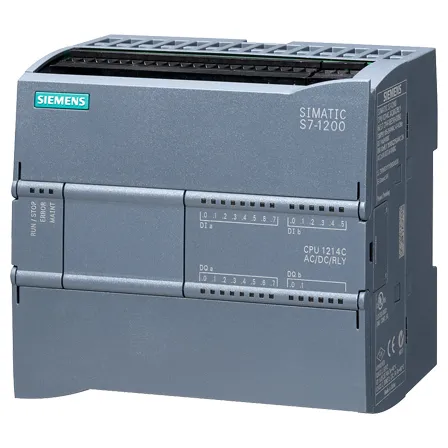
Embedded CPUs
Embedded CPUs are designed for specific, dedicated functions within larger systems, often in devices where size, power consumption, and cost are critical constraints. Examples include microcontrollers in consumer electronics, automotive control units, medical devices, and industrial automation. These CPUs typically have lower clock speeds, fewer cores, and integrated peripherals (like ADCs, DACs, GPIOs) directly on the chip (System-on-a-Chip or SoC design). ARM-based processors are prevalent in this category due to their exceptional power efficiency and small die sizes. Their robust design often allows them to operate reliably in challenging environmental conditions, making them ideal for specialized industrial applications where space and power are limited.
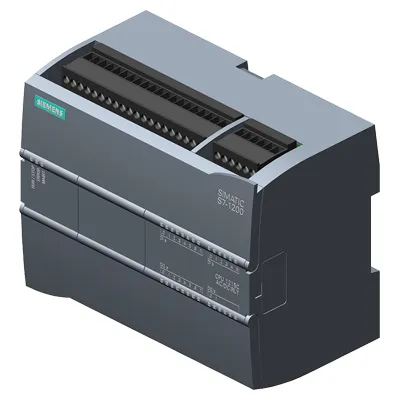
Industrial & Real-Time CPUs (e.g., PLCs, IPCs)
For critical industrial applications such as process control in petrochemical plants, robotic automation in manufacturing, or real-time data acquisition in metallurgy, specialized industrial CPUs are indispensable. These are often integrated into Programmable Logic Controllers (PLCs) or Industrial Personal Computers (IPCs). They prioritize stability, reliability, real-time performance, and extended temperature operation over raw computational power. Features include fanless designs, wide operating temperature ranges (-40°C to 85°C), enhanced electromagnetic compatibility (EMC) protection, and long-term availability (LTA) for product lifecycles extending 10-15 years. Specific architectural enhancements may include deterministic execution capabilities crucial for sensitive control tasks, where even minor delays can have significant consequences. These particular central processing unit types are built to withstand harsh environments.
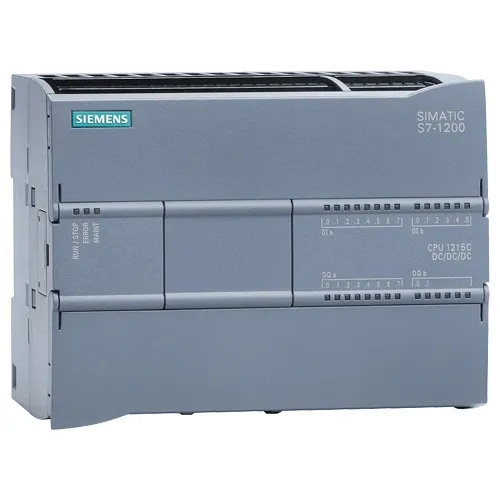
Specialized Processors (GPUs, ASICs, FPGAs)
While not strictly CPUs, Graphics Processing Units (GPUs), Application-Specific Integrated Circuits (ASICs), and Field-Programmable Gate Arrays (FPGAs) are vital processing units for specific parallel computing tasks. GPUs excel in parallelizable workloads like AI/Machine Learning, scientific simulations, and graphic rendering. ASICs are custom-designed chips for a single, highly optimized function (e.g., cryptocurrency mining, network routing), offering extreme efficiency but lacking flexibility. FPGAs provide a middle ground, offering reconfigurable logic that can be reprogrammed post-manufacturing, ideal for rapid prototyping or applications requiring custom hardware acceleration. These specialized processing units often complement or offload tasks from a primary CPU, forming heterogenous computing systems.
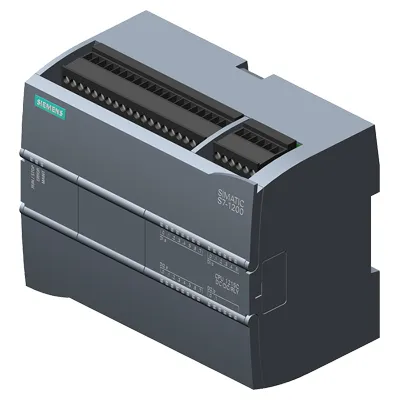
Industry Trends and Technological Advancements
The CPU industry is characterized by relentless innovation. Current trends are largely driven by demands for higher performance, greater energy efficiency, and enhanced security features. We are witnessing a continued push towards multi-core and many-core architectures, enabling parallel processing for complex computations. Advanced manufacturing processes, moving towards smaller nanometer nodes (e.g., 7nm, 5nm, and even 3nm), allow for greater transistor density, leading to more powerful and efficient chips. The integration of AI accelerators and specialized instruction sets directly onto the CPU die is becoming standard, facilitating on-device machine learning capabilities. Furthermore, modular chiplet designs are gaining traction, allowing manufacturers to combine different processing units (CPU cores, GPU cores, I/O controllers) into a single package, improving yields and customization options for various central processing unit types.
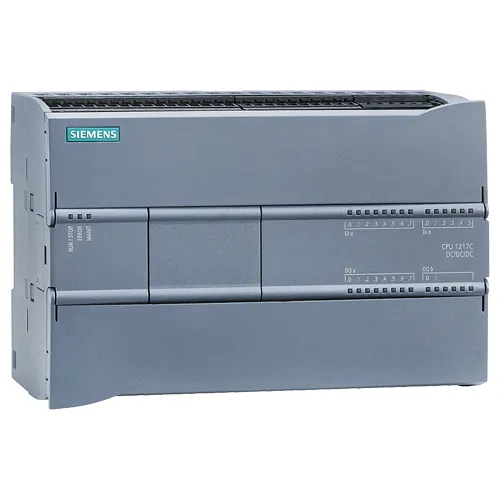
Another significant trend is the increasing focus on security at the hardware level. Modern CPUs incorporate features like hardware-based encryption, secure boot, and trusted execution environments to protect sensitive data and prevent unauthorized access. The rise of edge computing is also influencing CPU design, leading to the development of low-power, high-performance processors capable of handling data processing closer to the source, reducing latency and bandwidth requirements. These advancements ensure that the various central processing unit types continue to meet the escalating demands of data-intensive and security-critical applications across all industries.
Technical Parameters and Specifications of CPUs
When evaluating central processing unit types, a deep dive into their technical specifications is paramount. These parameters dictate performance, power consumption, and suitability for various applications. Understanding terms like "clock speed," "core count," and "TDP" is critical for making an informed choice for your enterprise needs.
- Clock Speed (GHz): Measures the number of cycles a CPU can execute per second, directly correlating to how fast it can process instructions.
- Core Count: The number of independent processing units within a single CPU. More cores enable better multi-tasking and parallel processing.
- Threads: The number of instruction streams a CPU can handle concurrently. Hyper-threading/Simultaneous Multi-threading (SMT) allows a single core to handle multiple threads.
- Cache Memory (L1, L2, L3): Small, very fast memory integrated into the CPU, used to store frequently accessed data for quicker retrieval, significantly reducing latency.
- Thermal Design Power (TDP): The maximum amount of heat generated by the CPU that the cooling system is required to dissipate under typical workloads. It indicates power consumption and cooling requirements.
- Instruction Set Architecture (ISA): Defines the set of instructions that a CPU can understand and execute (e.g., x86, ARM, RISC-V). Compatibility with existing software is often dictated by ISA.
- Manufacturing Process (nm): The feature size of transistors on the chip. Smaller nanometer values generally mean more transistors, higher efficiency, and lower power consumption.
Comparative Table of CPU Parameters
To illustrate the diversity, here’s a comparative table showcasing parameters for typical examples across different central processing unit types relevant to B2B applications.
| Parameter | Server CPU (e.g., Xeon EPYC) | Embedded CPU (e.g., ARM Cortex-A) | Industrial PLC CPU (e.g., Siemens S7) |
|---|---|---|---|
| Typical Cores/Threads | 16-96 Cores / 32-192 Threads | 1-8 Cores / 1-8 Threads | Single to Quad-Core specialized |
| Clock Speed (GHz) | 2.0 - 4.0 GHz (Base/Boost) | 0.5 - 2.5 GHz | 0.8 - 2.0 GHz (fixed frequency) |
| Cache Memory | 36MB - 384MB L3 Cache | Up to 4MB L2 Cache | Small, dedicated caches for real-time |
| TDP (Thermal Design Power) | 150W - 400W+ | 1W - 15W | 5W - 30W (often fanless) |
| Operating Temp Range | 0°C to 70°C | -20°C to 85°C | -40°C to 85°C (extended) |
| Typical Application | Data Centers, Cloud Servers, HPC | IoT Devices, Consumer Electronics, Automotive | Process Control, Factory Automation, Robotics |
| Key Advantage | Max performance & scalability | Power efficiency, small footprint | Real-time determinism, ruggedness |
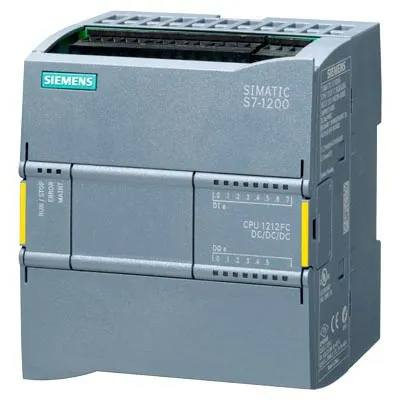
The Rigorous Craftsmanship: Central Processing Unit Manufacturing Process
The creation of a Central Processing Unit is a marvel of modern engineering, involving intricate processes and state-of-the-art technology. For the industrial-grade CPUs we provide, the emphasis is on precision, durability, and consistent quality, ensuring each unit meets the stringent demands of B2B environments.
Core Manufacturing Stages:
- Wafer Fabrication (Frontend): This is where the silicon material, a semiconductor, is transformed into integrated circuits.
- Crystallization & Slicing: High-purity silicon is grown into large ingots, then precisely sliced into thin wafers.
- Lithography: Using ultraviolet light, circuit patterns are projected onto the wafer, layer by layer. This intricate process defines the transistors and interconnections.
- Etching & Doping: Unwanted material is removed (etching), and impurities (dopants) are introduced to alter the silicon's electrical properties, creating N-type and P-type semiconductors for transistors.
- Deposition: Layers of insulating and conductive materials (like copper and aluminum) are deposited to form the intricate wiring connecting billions of transistors.
- Die Separation & Packaging (Backend): After fabrication, the wafer contains hundreds of individual CPU dies.
- Die Cutting: Wafers are cut into individual CPU dies using diamond saws.
- Packaging: Each die is mounted into a protective package (e.g., LGA, BGA) that provides electrical connections to the motherboard and protects the delicate silicon. This often involves processes like wire bonding or flip-chip technology.
- Testing: Extensive electrical and functional testing is performed at various temperatures to ensure the CPU meets performance specifications and is free from defects. This includes burn-in testing to identify infant mortality failures.
- Module Assembly & Quality Assurance: For B2B products, the CPU might be integrated into a larger module or board.
- Component Integration: CPUs are soldered onto PCBs with other components like memory, power management units, and I/O controllers using advanced SMT (Surface Mount Technology) processes.
- System-Level Testing: The entire module undergoes rigorous testing for functionality, environmental resilience (vibration, shock, temperature extremes), and electromagnetic compatibility (EMC).
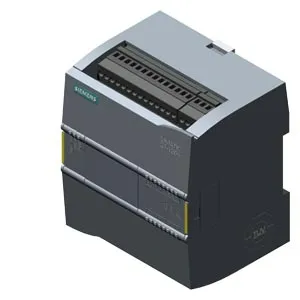
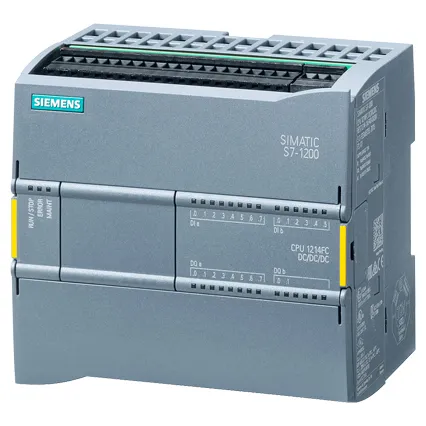
Our manufacturing adheres to the highest industry standards, including ISO 9001:2015 for quality management and ANSI standards for performance and reliability. Products undergo stringent environmental testing, including salt spray tests for corrosion resistance and accelerated life testing to predict a lifespan typically exceeding 10 years, ensuring robust performance even in demanding environments like petrochemical plants, metallurgical facilities, and critical water supply and drainage infrastructure. This meticulous approach to manufacturing ensures our central processing unit types offer unmatched reliability and energy efficiency, contributing to significant operational savings.
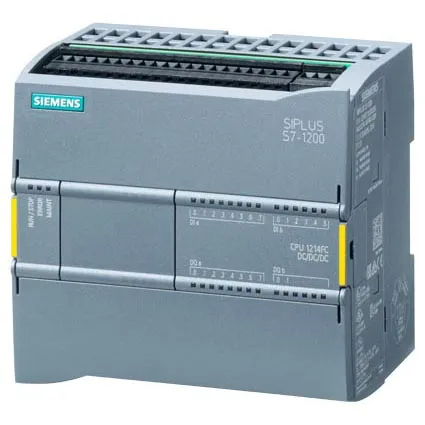
Application Scenarios and Technical Advantages
The diverse central processing unit types cater to a wide array of application scenarios, each leveraging specific technical advantages. Our Central Processing Units are designed with B2B critical infrastructure in mind, offering superior reliability, performance, and longevity.
Typical Application Scenarios:
- Petrochemical Industry: Used in Distributed Control Systems (DCS) and Safety Instrumented Systems (SIS) for precise real-time process control, monitoring, and safety shutdown procedures. Our CPUs ensure robust performance under volatile conditions, contributing to enhanced operational safety and efficiency.
- Metallurgy: Critical for automation in steel mills, aluminum smelters, and foundries. CPUs manage complex material handling, temperature control, and quality assurance processes. The ruggedness of our industrial-grade CPUs withstands extreme heat, dust, and vibrations inherent in these environments.
- Water Supply and Drainage: Essential for smart water management systems, controlling pumps, valves, and flow meters, as well as managing purification and distribution networks. Our energy-efficient CPUs contribute to significant cost savings in continuous operation, while their corrosion-resistant properties ensure long-term reliability in humid or chemically exposed areas.
- Energy Sector: Deployed in power generation, transmission, and distribution, including smart grid applications, SCADA systems, and renewable energy control. The deterministic performance of our CPUs is vital for maintaining grid stability and responsiveness.
- Transportation Infrastructure: Powering intelligent transportation systems, traffic control, rail signaling, and tunnel monitoring, where real-time data processing and high availability are non-negotiable.
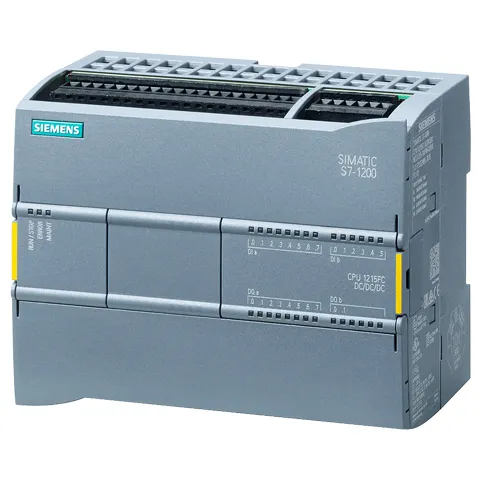
Key Technical Advantages:
- Energy Efficiency: Our advanced CPU architectures are designed to minimize power consumption (low TDP), leading to significant energy savings over operational lifecycles, especially crucial for continuous, 24/7 industrial applications. This directly translates to reduced utility costs and a smaller carbon footprint.
- Corrosion Resistance: For environments with high humidity, chemical exposure, or salt spray, specialized coatings and material selections are applied to our CPU modules and enclosures, protecting against degradation and ensuring sustained performance.
- Extended Operating Temperature Range: Our industrial CPUs are engineered to operate reliably in extreme temperatures, often from -40°C to +85°C, making them suitable for outdoor installations or unconditioned industrial spaces.
- Long-Term Availability (LTA): We commit to extended product lifecycles, typically 10-15 years, ensuring stability for long-term projects and minimizing costly redesigns and re-certifications. This is a critical advantage for industries with lengthy operational planning cycles.
- Enhanced Durability: Beyond temperature, our CPU solutions feature robust designs resistant to shock, vibration, and dust ingress, meeting industry standards like IEC 60068.
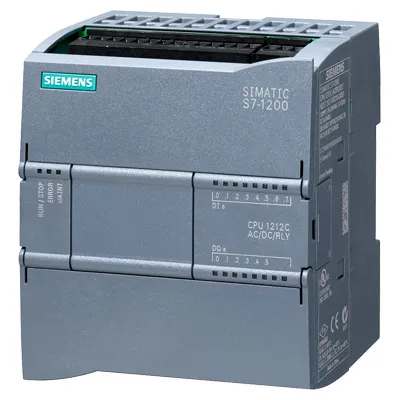
Manufacturer Comparison and Custom Solutions
The market for different types of central processing unit is dominated by a few key players, each with strengths in specific niches. While Intel and AMD lead in general-purpose and server CPUs, companies like ARM (licensing designs for embedded and mobile) and specialized industrial CPU providers (e.g., Siemens, Rockwell Automation for PLCs; Advantech, Kontron for IPCs) focus on specific B2B segments.
When comparing manufacturers, consider not just raw performance but also:
- Ecosystem and Support: Availability of compatible hardware, software development kits (SDKs), and long-term technical support.
- Reliability and Longevity: Especially for industrial applications, a track record of durable products with extended lifecycles.
- Certification and Compliance: Adherence to industry-specific standards (e.g., ATEX for hazardous environments, ISO for quality).
- Customization Capabilities: The ability to tailor CPU solutions to unique project requirements.
Tailored Custom Solutions
Recognizing that off-the-shelf solutions may not always meet the precise demands of complex industrial projects, we specialize in providing highly customized central processing unit types. Our approach involves close collaboration with clients to understand their specific operational constraints, environmental challenges, and performance benchmarks.
- Hardware Optimization: Adjusting core counts, clock speeds, I/O interfaces, and integrated features to match exact workload profiles, reducing unnecessary power consumption and cost.
- Environmental Hardening: Designing CPU modules with enhanced ingress protection (IP ratings), specialized thermal management, and robust enclosures for extreme temperatures, vibrations, or corrosive atmospheres.
- Firmware & Software Integration: Developing custom BIOS/UEFI, drivers, and real-time operating system (RTOS) support to optimize CPU performance for specific applications and ensure seamless integration with existing systems.
- Long-Term Supply & Lifecycle Management: Guaranteeing component availability for extended periods and providing comprehensive lifecycle support, crucial for legacy system compatibility and phased upgrades.
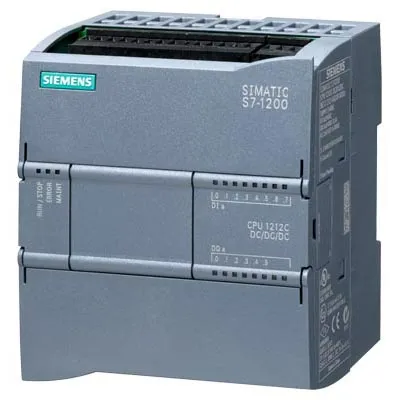
Real-World Application Cases and Customer Success
Our expertise in providing tailored central processing unit for sale is demonstrated through numerous successful deployments across various demanding industries. These case studies highlight how specialized CPU solutions can drive operational efficiency, enhance safety, and extend equipment lifespan.
Case Study 1: Enhanced Process Control in a Petrochemical Complex
A major petrochemical client faced challenges with their outdated control systems, leading to frequent downtime and suboptimal production efficiency. We deployed a custom industrial CPU solution, incorporating dual-redundant processors with real-time operating system capabilities and an extended temperature range. The system achieved a 99.999% uptime in its first year of operation, reducing unscheduled stops by 30% and improving overall yield by 5%. Our client feedback highlighted "unprecedented stability" and "significant cost savings through increased throughput."
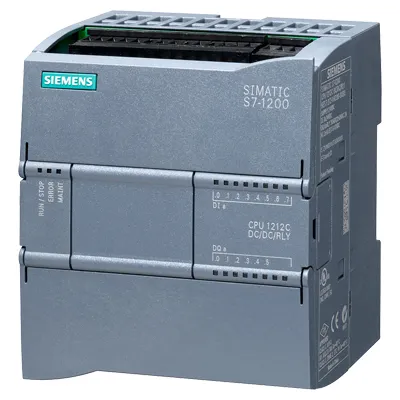
Case Study 2: Optimizing Water Treatment Plant Automation
A municipal water authority required a robust, energy-efficient CPU solution for their new automated water treatment plant, needing resistance to humid environments. We provided fanless, IP65-rated CPU modules specifically designed for low power consumption and high corrosion resistance. The deployment resulted in a 15% reduction in energy consumption for the control infrastructure and eliminated maintenance issues related to environmental exposure. "The reliability and energy savings delivered by this central processing unit are pivotal for our long-term operational sustainability," stated the facility manager. Our solutions are proven effective across diverse central processing unit types.
Quality Assurance and Certifications
Our commitment to quality is unwavering, reflecting our authoritative position in the industrial computing sector. Every Central Processing Unit we offer, regardless of its type, undergoes rigorous quality assurance processes and holds essential industry certifications to guarantee performance and reliability.
- ISO 9001:2015 Certified Manufacturing: Our production facilities strictly adhere to ISO 9001:2015 quality management standards, ensuring consistent quality across all manufacturing stages.
- ANSI Standards Compliance: All relevant products meet or exceed American National Standards Institute (ANSI) specifications for electrical and mechanical performance, ensuring interoperability and safety.
- CE & FCC Compliance: Products are CE certified for European markets and FCC compliant for North American markets, verifying electromagnetic compatibility and safety.
- Environmental Testing: Extensive testing for vibration, shock, humidity, dust ingress (IP ratings), and extreme temperature operation, ensuring suitability for harsh industrial environments.
- MTBF (Mean Time Between Failures) Metrics: Our CPUs boast high MTBF ratings, derived from comprehensive reliability testing, ensuring minimal downtime and extended operational life. For instance, our industrial CPUs typically feature MTBF exceeding 200,000 hours.
We maintain long-standing partnerships with leading technology providers and regularly engage in independent third-party testing to validate our product performance. With over 15 years of service in the industrial computing domain, our expertise and authoritative position are backed by a solid track record of delivering robust and reliable CPU solutions.
Building Trust: Delivery, Warranty, and Support
Trust is foundational in B2B relationships. We ensure transparency and reliability throughout the entire process, from inquiry to post-sales support, especially when procuring a central processing unit for sale.
Transparent Delivery Cycle
Our standard lead time for off-the-shelf central processing unit types is typically 4-6 weeks, subject to component availability and order volume. For custom solutions, the delivery cycle is meticulously planned in consultation with the client, factoring in design, prototyping, testing, and production phases, with regular progress updates provided. We leverage efficient global logistics networks to ensure timely and secure delivery.
Comprehensive Warranty and Support
We stand behind the quality of our Central Processing Units with a comprehensive warranty package. All industrial-grade CPUs come with a standard 3-year warranty, extendable to 5 years for select products and projects, covering manufacturing defects and performance issues under normal operating conditions. Our dedicated customer support team is available via phone, email, and a secure online portal, offering expert technical assistance, troubleshooting, and field support as needed. We prioritize swift resolution to minimize any operational disruption for our clients.
Frequently Asked Questions (FAQ)
-
Q: What is the expected lifespan of your industrial central processing unit types?
A: Our industrial CPUs are designed for long-term operation, typically offering a lifespan exceeding 10 years, with some models extending to 15 years, ensuring product availability and minimizing obsolescence risks for long-term projects. -
Q: Can your CPUs withstand extreme temperatures and harsh industrial conditions?
A: Yes, our industrial CPUs are specifically engineered to operate reliably in harsh environments, with extended temperature ranges (e.g., -40°C to +85°C) and robust designs resistant to shock, vibration, dust, and corrosive elements. -
Q: Do you offer customization for specific industrial applications?
A: Absolutely. We offer extensive customization services, from modifying I/O configurations and thermal solutions to developing bespoke firmware, ensuring the CPU perfectly aligns with your unique application requirements.
Conclusion
The selection of appropriate central processing unit types is a critical decision for any B2B enterprise, directly influencing the performance, reliability, and cost-effectiveness of their systems. From high-performance server CPUs to rugged industrial and specialized embedded processors, understanding the nuances of each type and their manufacturing excellence is key. Our commitment to expertise, proven experience, authoritative certifications, and unwavering trustworthiness positions us as your ideal partner in navigating the complexities of CPU procurement. We invite you to explore our comprehensive range of Central Processing Unit solutions, designed to power your most demanding applications with unparalleled efficiency and durability.
References
- IEEE Computer Society. "Future Trends in Processor Architectures for Edge Computing."
- ACM Transactions on Embedded Computing Systems. "Real-Time Operating System Scheduling on Multi-Core Industrial Processors."
- International Journal of Advanced Manufacturing Technology. "Advances in CNC Machining for Semiconductor Component Production."
- Semiconductor Industry Association (SIA) Reports. "Global Market Trends and Technological Roadmaps for Central Processing Units."
- Industrial Internet Consortium (IIC) Whitepapers. "Best Practices for Deploying Ruggedized Computing in Harsh Environments."


